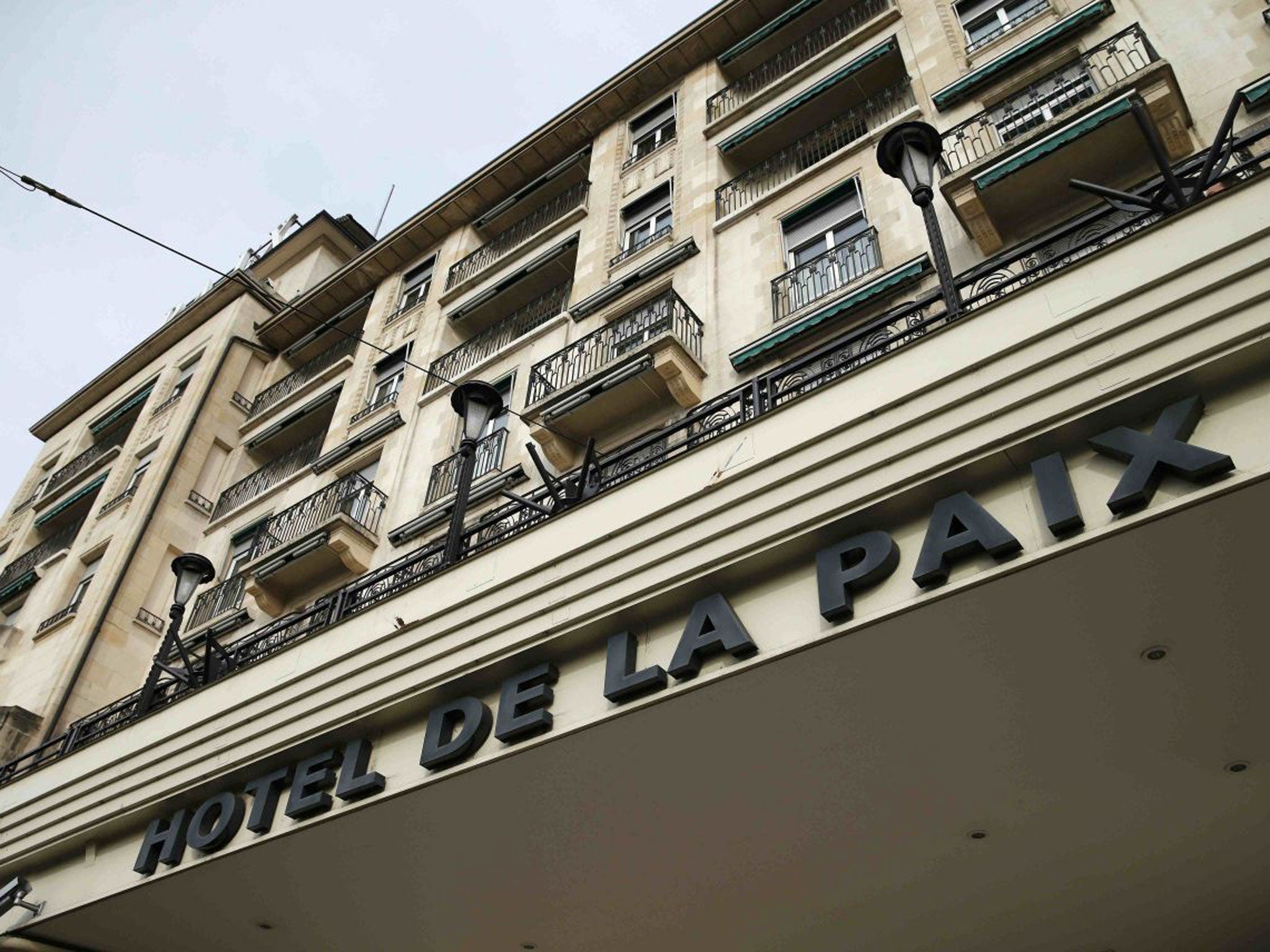Syria peace talks: With few players at the table and too little pressure on Assad negotiations are destined to collapse
A less ambitious strategy might pay higher dividends: specifically, supporting the rebels in their quest for ceasefires

Your support helps us to tell the story
From reproductive rights to climate change to Big Tech, The Independent is on the ground when the story is developing. Whether it's investigating the financials of Elon Musk's pro-Trump PAC or producing our latest documentary, 'The A Word', which shines a light on the American women fighting for reproductive rights, we know how important it is to parse out the facts from the messaging.
At such a critical moment in US history, we need reporters on the ground. Your donation allows us to keep sending journalists to speak to both sides of the story.
The Independent is trusted by Americans across the entire political spectrum. And unlike many other quality news outlets, we choose not to lock Americans out of our reporting and analysis with paywalls. We believe quality journalism should be available to everyone, paid for by those who can afford it.
Your support makes all the difference.Perhaps the best that can be hoped for is that, as the tea is poured in Geneva this morning, there will be someone around to drink it. It remained unclear last night which members of the Syrian opposition, if any, would attend the third round of peace negotiations. As a precondition for their attendance, the rebels had demanded an end to government bombardments and sieges. Such guarantees have not been given. Even if the rebels do take their seats, they will do so in different rooms from Bashar al-Assad’s regime.
What momentum there is behind the Geneva III talks comes largely from the US Secretary of State, John Kerry. Mr Kerry has shuttled across the globe in an effort to bring a bewildering variety of factions around a table. It may be, however, that this amounts to the limit of what America and the West can achieve at present: a conference, far away from the scenes of devastation, and from which increasingly little is expected.
Before the talks began, Mr Kerry was forced to reiterate that America had not caved in to demands that Mr Assad be allowed to remain in power. “The position of the United States has not changed,” he said. “We are still supporting the opposition politically, financially and militarily.” The problem is that the level of support offered pales in comparison to that being given to the Syrian government by Russia and Iran. After months of bombing – using indiscriminate weaponry – Russia has shored up Mr Assad’s position and started to provide cover for gains, to the degree that the regime feels little incentive to negotiate. The tide may be turning in its direction.
Quite how much stock Russia sets by the Geneva peace process can be judged by its decision to blitz al-Sheikh Miskeen, an area held by US-backed rebels, just days before the conference was due to begin. The UK’s special representative to Syria, Gareth Bayley, issued a statement condemning its “hypocrisy”, the targeting of “moderate opposition” and the killing of civilians. Increasing levels of violence undermine any chance of a diplomatic solution respected by the rebels on the ground.
It is, in all, unclear what the opposition might gain here. Its case has been lost amid squabbling by the great powers over who exactly constitutes the legitimate voice, with Russia seeking to choose the negotiating parties (a delegation suggested by the Kremlin appears more likely to submit to the regime’s will). Mr Assad is not about to step down, nor is he being pushed to by Russia and Iran.
If the temporary lifting of regime sieges could not be agreed before the conference, it is hard to see what the opposition could offer to achieve a permanent end to them. Meanwhile, the number of towns suffering under Mr Assad’s policy of “submit or starve” has, according to US officials, risen to 18 in recent weeks, with 500,000 people at risk of starving to death.
The overwhelming likelihood is that these peace talks will collapse. The West may then increase arms supplies to beleaguered rebels, who have been calling for additional support, or accept the gradual erosion of their positions.
A less ambitious strategy might pay higher dividends: specifically, supporting the rebels in their quest for ceasefires, by bolstering their forces in contested areas and calling for all truces to be overseen by Russia and Iran. As of this morning, the war in Syria appears too hot for talks of peace. First it must be cooled.
Join our commenting forum
Join thought-provoking conversations, follow other Independent readers and see their replies
Comments